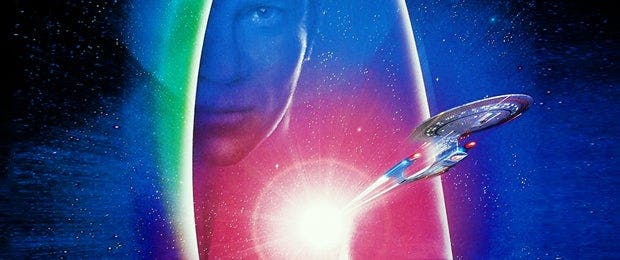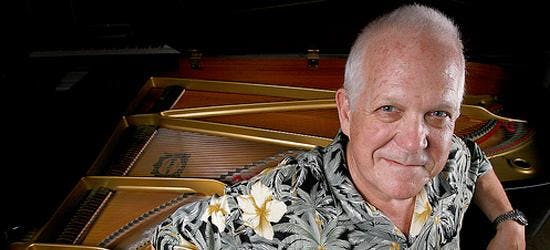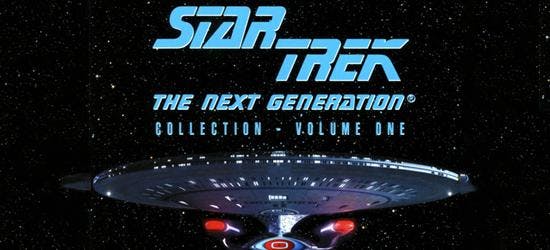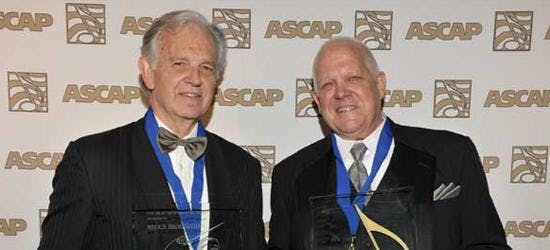Published Jul 27, 2015
Exclusive Interview: Star Trek Composer Dennis McCarthy
Exclusive Interview: Star Trek Composer Dennis McCarthy

Dennis McCarthy produced Brent Spiner’s semi-legendary album, Ol’ Yellow Eyes Is Back. And, oh yeah, he composed the main theme and music for Star Trek: Deep Space Nine, as well as music for The Next Generation, Voyager and Enterprise. McCarthy also wrote/conducted the music for Star Trek Generations, Borg Invasion 4D (the short film/attraction at Star Trek: The Experience), as well as for the computer game Star Trek: Borg. All told, McCarthy spent 18 years helping immerse Trek fans in the adventures of their favorite characters, along the way earning two Grammy Awards. His numerous other credits include Enos, V, The Twilight Zone, Dynasty, MacGyver, Deadly Games, Stargate SG-1, Breast Men, Project Greenlight and Prayer Hour. McCarthy, as you might imagine, has long been on StarTrek.com’s interview wish list. He proved elusive for a few years, but with an upcoming appearance at Creation Entertainment’s Official Star Trek Convention next month in Las Vegas – where he’ll be appear on stage to take questions from the audience and also participate in a special concert event with the Nevada Pops – we finally can check him off our list. Below is part one of our exclusive two-part interview with Dennis McCarthy. Visit StarTrek.com again tomorrow to read the second half of the conversation. Let's start with the present. What's life like for you these days? And are you still working?McCARTHY: I’m still working, still very busy. I’ve done several short films. I did some extra music for a friend of mine who’s working on a Star Trek fan film. He’s also working on a comedy that’s set in an alien bar, and it’s very funny. I’m writing with some folks. I worked on Ancient Aliens, and got the main title on that. There’s a whole bunch of music flying all over the place. I had to convert over to electronics because the days of orchestras, while they’re still with us, if you can’t work a keyboard and a big Mac computer you’re dead in the water nowadays. So I had to make the jump, and I did.







